All plant parts are essential, but the seeds are the most commonly used. Bitter kola, also known as Garcinia kola, is one of the oldest fruits in the history of humankind, native to West and Central Africa and widely known for its medicinal properties. It goes by several names. The Igbos refer to it as aki-ilu, known as mijin goro by the Hausas and orógbó by the Yorubas.
It is called ‘Bitter’ for a reason when eaten, bitter kola seed has a sharp, astringent taste at first that gradually dissipates into sweetness.
Bitter kola serves various purposes, and it can be eaten raw, brewed as tea, or incorporated into dishes to give a unique taste. It reduces glucose in the meal or ground and is mixed with honey to treat cough.
Traditionally, in the southeastern and southwestern parts of Nigeria, it is presented to visitors as a symbol of peace and reception.
General health benefits of bitter kola
Medicine rebranding over the years has had little effect on the importance placed on bitter kola and other ancient medicinal options. Scientists are beginning to study and discover the health benefits of bitter kola. Some of these benefits we will be discussing below:
- A boost to the immune system: The nutrient content in bitter kola builds up a resistance against foreign particles. It strengthens and equips the immune system to fight off bacteria. It equally lowers the acidity level in the body, allowing the system to function better.
- Reduces blood pressure: Bitter kola contains a vasoactive substance that lowers blood pressure.
- Serves as an anti-toxicant: In cases of poisoning caused by food contamination, it is recommended that you chew bitter kola immediately. The potent antibiotic content inhibits bacteria infection from food poisoning.
- Relief of respiratory issues: Bitter kola amplifies the alveolar sac and advances to relieve cold, cough, and fever accompanied by hepatitis and protect against asthma, bronchitis, and lung infection. It also contains bioactive properties like saponins and tannins that help combat bacteria.
- Relief for malaria: The presence of kolaviron, a natural antioxidant, makes it an anti-malaria catalyst. Every part of the flowering plant, the bark, the stem, and the seed contains medicinal properties used in treating malaria.
- Helps to reduce Inflammation: Bitter kola contains a high level of cardiac glycosides known to have anti-inflammatory properties. These properties help to reduce pains and swelling in the body and contribute to salvaging issues like arthritis, osteoarthritis, and joint pains. This is due to the potassium content.
- Low glucose level: If you risk hyperglycemia, include this fruit in your diet. Bitter kola is an effective herb for type 2 diabetes because of its kolaviron content. Also, it contains compounds that increase insulin sensitivity and, with prolonged use, regulate the blood sugar level.
The use of bitter kola water on infants: safe or not?
Bitter kola use on infants has continued to be an unending topic for banter. The older generation claims that bitter kola water has always been used to treat colic and enhance good sleep in infants and no side effects were noted among these infants.
Medical practitioners kick against using bitter kola water on infants as the side effects could be fatal.
The pending questions would be;
- Were infants of the older generation impervious to the side effects of bitter kola water, and why?
- Did the introduction of modern medicine play a role in causing proclaimed side effects on infants?
- Did the older generation of parents not notice the side effects on these infants?
It is no news that bitter kola contains high values of vitamins, carbohydrates, calcium, potassium, protein, caffeine, tannins, saponins, etc. While some of the components may be beneficial to your infant, the side effects of most of them outweigh the benefits.
Side effects of caffeine, the main component of bitter kola, include tremors, sleeplessness, loss of appetite, high blood pressure, etc.
Side effects of tannins and saponins combined include rash, difficulty breathing, abdominal pain, and bloating, among others.
These side effects could be mainly unpleasant to adults, so infants must not be exposed to these effects.
Medical practitioners widely refute the use of bitter kola water to treat colic and enhance sleep due to the high volume of caffeine present in bitter kola.
Caffeine which targets the lungs of adults could destroy an infant’s growing lungs.
What options can you use for the treatment of Colic and to enhance sound sleep in infants?
While colic is common among healthy infants and usually stops at 3-4 months, the infant’s restlessness, pain, and endless crying may greatly concern the mother.
Discard the idea of using bitter kola water to treat this and use the following methods instead:
- Swaddling and rocking (motion)
- Use sound from music or white noise to calm your infant
- Infant massage
- Burping
- Warm baths
- More breast milk than formula or the use of anti-colic bottles for feeding the infant.
- Visit a paediatrician for better treatment or over-the-counter colic medications.
Enhancing good sleep in infants could be achieved through the following:
- Skin-to-skin soothing
- Warm baths
- Changing into fresh diapers
- Placing the infant on their back.
The use of crude medications such as bitter kola water for tackling infant problems must be avoided as the effects of these medications may be unredeemable.
A visit to the paediatrician is the best advice for mothers to handle all their infant issues. Make sure to discuss any herbal medicine with your doctor before administering it to your baby.


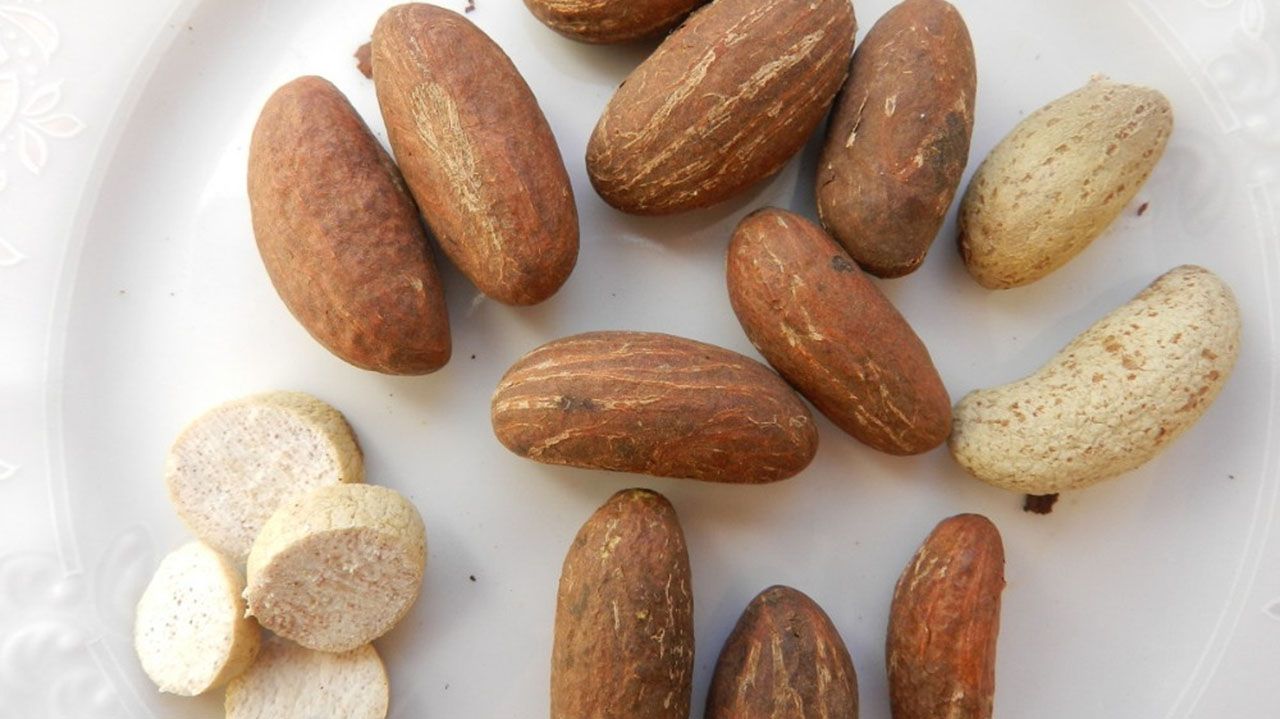

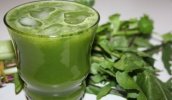
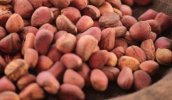

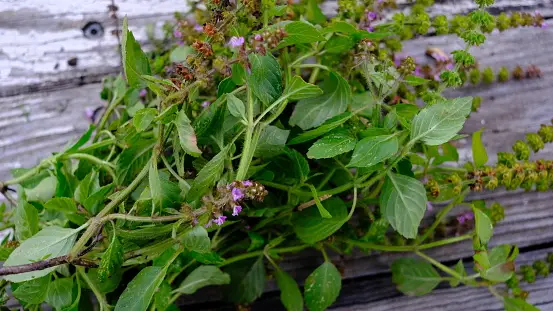
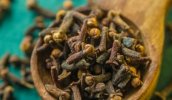

Comments